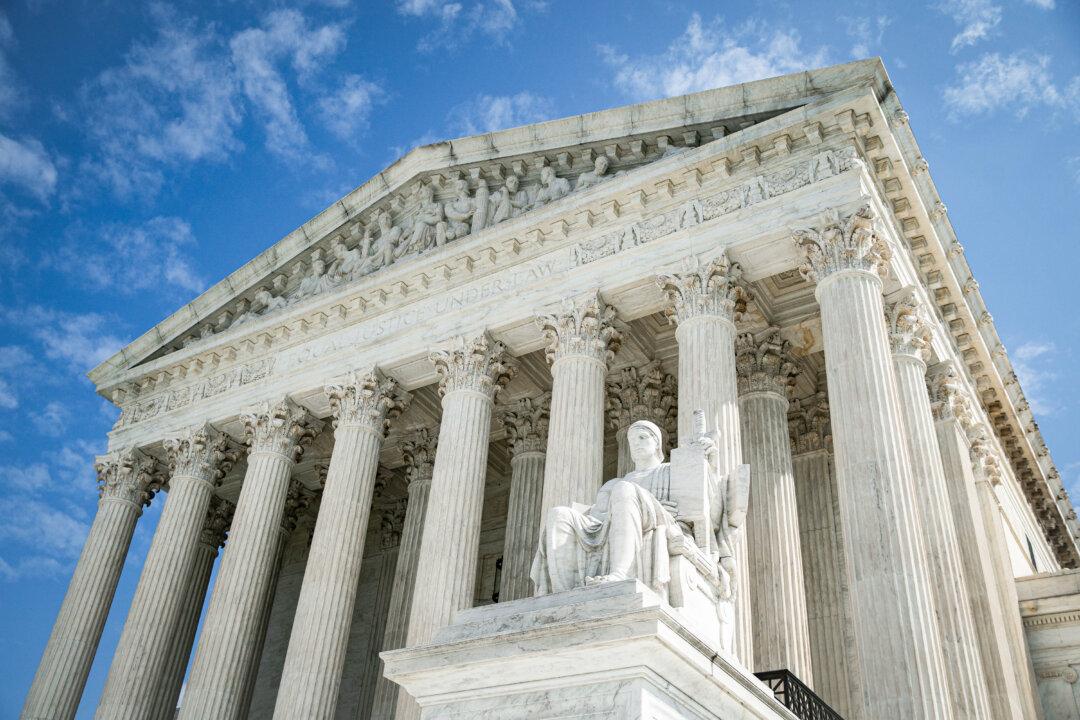The Supreme Court passed up an opportunity on Dec. 11 to lay the groundwork for overturning its precedent permitting protective zones called “bubbles” around abortion clinics to keep protesters and pro-life sidewalk counselors away.
The nation’s highest court declined a petition filed by Debra Vitagliano that sought to appeal a lower court ruling dismissing her lawsuit that claimed Westchester County, New York, violated the First Amendment to the U.S. Constitution. The petition also specifically invited the court to overrule its existing precedent upholding laws about the bubbles. The U.S. Court of Appeals for the 2nd Circuit ruled against her in June.





